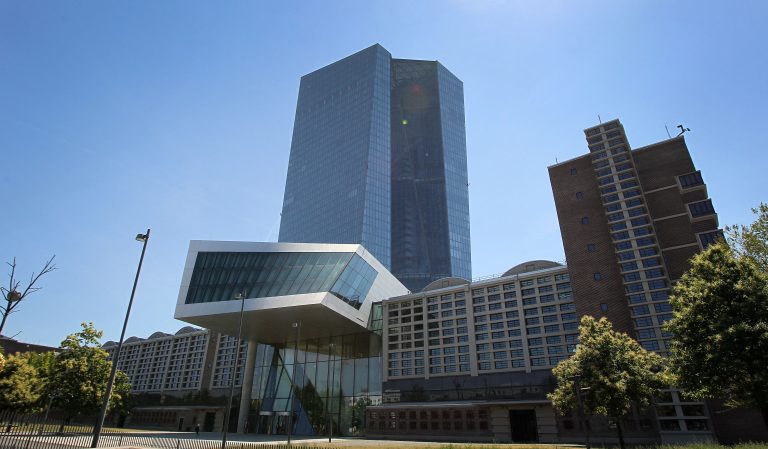The German economy is on track to contract for three consecutive quarters starting from this one, according to a Reuters poll of economists, following a dramatic spike in gas prices after Russia slashed deliveries to Europe.
Europe’s largest economy and manufacturing powerhouse is among the most vulnerable to any cut-off in energy supplies or rising costs as its industrial sector relies heavily on Russian gas.
The Aug. 29 – Sept. 1 Reuters poll showed Germany would see three consecutive quarters of negative growth, surpassing the definition of a technical recession which only requires two.
As most of the euro zone grapples with the energy crisis, medians in the poll suggested the German economy would shrink 0.1% and 0.3% in the third and fourth quarters this year, and 0.2% in the first quarter of next year.
That is a sharp turnaround from expectations communicated in July that showed 0.2, 0.3 and 0.4 percent quarterly growth.
Success
You are now signed up for our newsletter
Success
Check your email to complete sign up
“Gas prices are moving from one astronomic high to the other and will lead to unprecedentedly high energy bills over the winter,” noted Carsten Brzeski of ING.
“Even without a complete stop to Russian gas, high energy and food prices will weigh heavily on consumers and industry, making a technical recession – at least – inevitable.”
The economy was then forecast to grow 0.4 percent in the second quarter followed by 0.6 percent and 0.5 percent growth in the following quarters next year.
On average, the German economy was expected to grow 1.5 percent this year and then slow to 0.1 percent next, median forecasts from 34 economists showed.
The energy crisis has already triggered a 400 percent surge in wholesale gas prices over last year, hurting energy intensive sectors from metal output to fertilizer production.
With inflation rising to a near 50-year high of 8.8 percent in August and soaring energy bills eroding the purchasing power of households, pressure is building on the European Central Bank to go for bigger interest rate hikes.
Indeed, the latest Reuters poll showed economists were split between a 50 basis point or a jumbo 75 basis point hike from the ECB at the Sept. 8 policy meeting. However, expectations were now rapidly shifting towards a larger move.
Rising energy bills, devastating droughts and low water levels have worsened the cost of living crisis in the eurozone, signaling a painful recession during the winter.
By Reuters. (Reporting by Swathi Nair; polling by Milounee Purohit and Vijayalakshmi Srinivasan; Editing by Jonathan Cable and Jonathan Oatis)


















